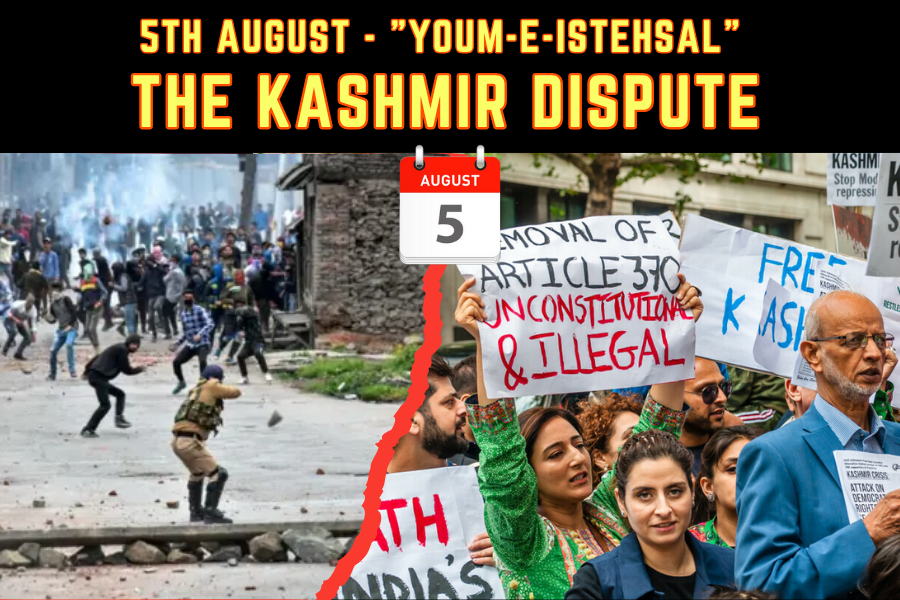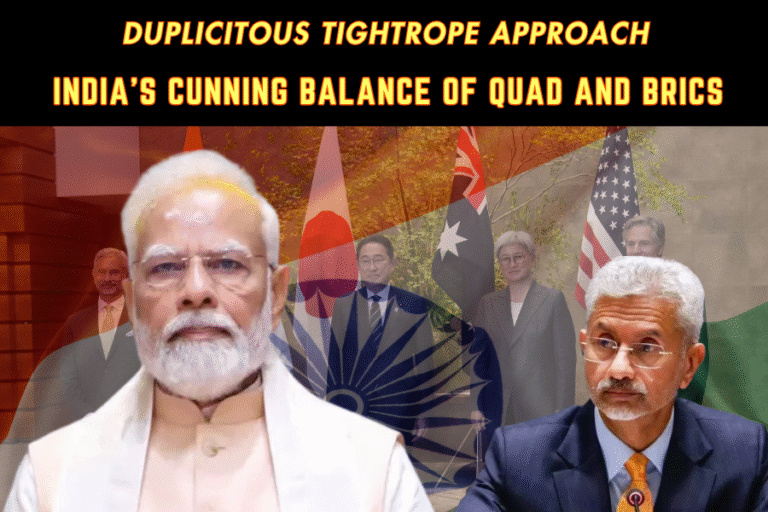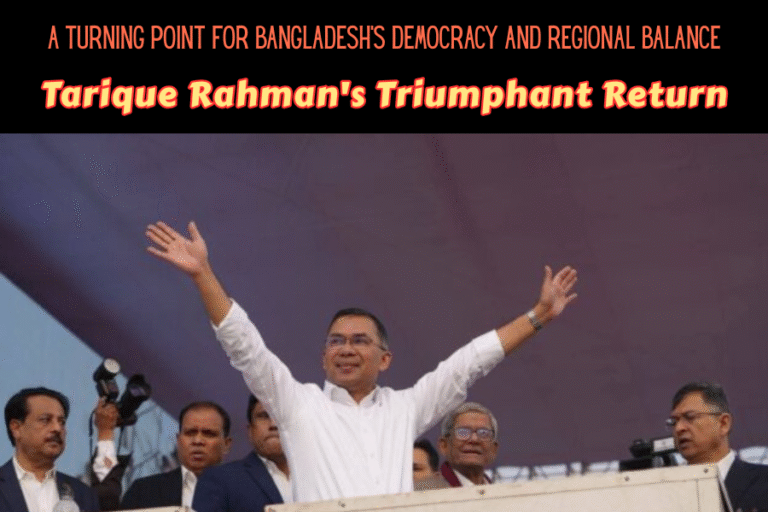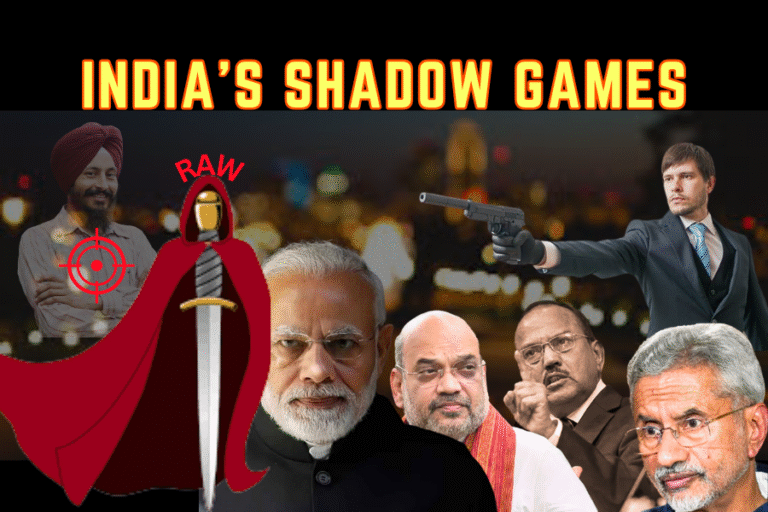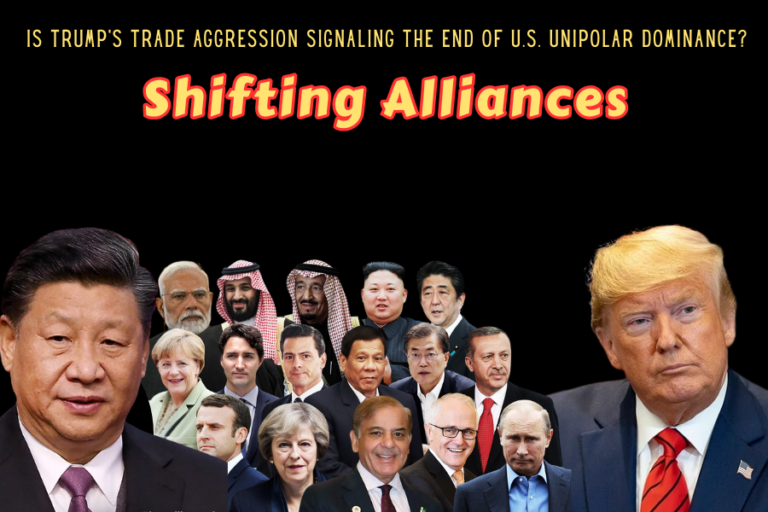(Ayesha Mahnoor)
Introduction
The Kashmir dispute, one of the world’s oldest unresolved conflicts, remains a festering wound on the conscience of international law. For instance, India’s illegal occupation of Jammu and Kashmir (IIOJK), cemented by its unilateral revocation of Article 370 on August 5, 2019, has stripped the region of its special status, defying United Nations Security Council (UNSC) resolutions and the promise of a plebiscite made by India’s first Prime Minister, Jawaharlal Nehru. Consequently, Pakistan observes August 5 as Youm-e-Istehsal, a day of mourning and solidarity with Kashmiris enduring India’s exploitation. This article chronicles the historical roots of the dispute, exposes India’s constitutional subterfuge, and celebrates Pakistan’s unwavering support for Kashmiri self-determination. Moreover, it examines the global response, legal violations, and lessons for third world nations, urging the world to uphold justice for Kashmir.
Historical Background of Kashmir Dispute
The Kashmir dispute traces its origins to the 1947 partition of British India, when the princely state of Jammu and Kashmir, predominantly Muslim, faced a contentious accession. For example, Maharaja Hari Singh, a Hindu ruler, signed the Instrument of Accession on October 26, 1947, allegedly under duress, aligning with India amid tribal incursions from Pakistan. However, Pakistan and Kashmiris contest the document’s legitimacy, citing its coercive nature and lack of public consent. Consequently, the first Indo-Pak war erupted, ending with a UN-brokered ceasefire in 1949, establishing the Line of Control (LoC). The UNSC Resolution 47 (1948) mandated a plebiscite to determine Kashmir’s future, a promise Nehru reaffirmed in 1948, stating, “We have given our pledge to the people of Kashmir, and the world, to hold a referendum.”
Yet, India has consistently obstructed this plebiscite, prolonging the dispute. For instance, UNSC resolutions, including those of August 13, 1948, and January 5, 1949, reiterated the need for a “free and impartial plebiscite” under UN auspices. India’s refusal to demilitarise, a prerequisite for the plebiscite, has rendered these resolutions unimplementable. Moreover, India’s 1952 agreement with Sheikh Abdullah’s government, granting Jammu and Kashmir autonomy under Article 370, was a temporary measure to facilitate the plebiscite. However, India’s subsequent erosion of this autonomy, culminating in its 2019 revocation, betrays both Kashmiris and international law. Thus, the dispute, rooted in India’s forcible occupation, remains a threat to regional peace, as evidenced by conflicts in 1965, 1971, 1999, and the 2025 Operation Sindoor clash.
India’s Revocation of Article 370
On August 5, 2019, India’s Bharatiya Janata Party (BJP)-led government, under Prime Minister Narendra Modi, revoked Article 370, stripping Jammu and Kashmir of its special status. For example, this constitutional provision, enacted in 1949, granted the state its own constitution, flag, and autonomy over internal affairs, except defense, foreign affairs, and communications. Additionally, Article 35A protected Kashmiri residents’ rights to property and residency, preserving the region’s Muslim-majority demographic. The revocation, executed via a Presidential Order, superseded the 1954 order and applied India’s constitution fully to Jammu and Kashmir. Consequently, the Jammu and Kashmir Reorganisation Act, 2019, bifurcated the state into two union territories—Jammu and Kashmir and Ladakh—directly governed from New Delhi.
This move, upheld by India’s Supreme Court in December 2023, was justified as a “constitutional correction” to integrate Kashmir and boost development. However, critics, including Pakistani leaders and Kashmiri activists, denounce it as illegal. For instance, the revocation bypassed the Jammu and Kashmir Constituent Assembly, dissolved in 1957, which was required to approve changes to Article 370. Constitutional expert A.G. Noorani called it “utterly unconstitutional” and a “fraud” on India’s constitution. Moreover, India’s actions violated UNSC resolutions and the Fourth Geneva Convention, which prohibits demographic changes in occupied territories. Specifically, the 2020 Adaptation of State Laws Order allowed non-Kashmiris to settle in IIOJK, aiming to alter its Muslim-majority character, a move likened by Pakistan’s President Arif Alvi to Israel’s demographic tactics.
India’s crackdown accompanying the revocation was draconian. For example, New Delhi deployed 35,000 additional troops, imposed a communication blackout, and detained over 3,800 political leaders and activists under the Public Safety Act. Internet services were cut for 18 months, and curfews stifled dissent. Consequently, Kashmiri voices, like former Chief Minister Mehbooba Mufti, decried the move as a “betrayal” of the 1947 accession trust, leaving residents in “absolute shock and panic.” Thus, India’s unilateral actions not only defied international law but also humiliated the Kashmiri people, reinforcing Pakistan’s claim of illegal occupation.
Pakistan’s Response and Youm-e-Istehsal
Pakistan’s response to the 2019 revocation was swift and resolute, reflecting its unwavering commitment to Kashmiris. For instance, Pakistan downgraded diplomatic ties with India, suspending trade and cooperative initiatives. Prime Minister Imran Khan condemned India’s actions, likening them to “Nazi Germany’s tactics” for their oppressive nature. Moreover, Pakistan instituted Youm-e-Istehsal on August 5, a national day of mourning and solidarity with Kashmiris. Observed annually, it decries India’s exploitation and reaffirms Pakistan’s support for Kashmiri self-determination. For example, rallies, seminars, and media campaigns highlight India’s human rights abuses and the need for a UN-mandated plebiscite.
Pakistan’s diplomatic efforts have been robust. For instance, the Ministry of Foreign Affairs has consistently raised the Kashmir issue at the UN, citing over 20 UNSC resolutions affirming the right to self-determination. In 2025, Pakistan’s chairing of the UNSC Taliban Sanctions Committee amplified its voice, countering India’s narrative. Additionally, the Organisation of Islamic Cooperation (OIC) has adopted resolutions, such as No. 10/47-POL in 2020, rejecting India’s actions and supporting Kashmir’s cause. Pakistan’s 2003 Ceasefire Understanding, reaffirmed in 2021, demonstrates its commitment to peace along the LoC, despite India’s provocations, including the 2025 Operation Sindoor. Thus, Pakistan’s principled stance, rooted in international law, positions it as the true advocate for Kashmiri rights.
International Perspectives on Kashmir Dispute
The international response to India’s revocation of Article 370 has been mixed, reflecting geopolitical biases. For example, allies like Russia and Bhutan supported India, framing the revocation as an internal matter within its constitutional framework. Russia cited the Simla Agreement (1972) and Lahore Declaration (1999), urging bilateral resolution. Similarly, Bangladesh called it India’s “domestic affair.” However, Pakistan garnered support from the OIC and neutral voices like the UN High Commissioner for Human Rights, whose 2018 and 2019 reports documented India’s “systemic” abuses in IIOJK, including extrajudicial killings and arbitrary detentions.
China, a key player, condemned India’s actions, particularly the creation of Ladakh, which includes Aksai Chin, claimed by China. For instance, Beijing’s issuance of stapled visas to IIOJK residents signals its view of Kashmir as disputed. Western powers, like the U.S. and UK, have remained cautious, urging restraint but avoiding direct criticism of India. The UN Secretary-General called for “maximum restraint” in 2019, highlighting the dispute’s international dimension. However, the UNSC’s permanent members have failed to enforce resolutions, exposing their selective commitment to international law. Consequently, Pakistan’s diplomatic outreach, backed by China and the OIC, underscores India’s isolation on moral and legal grounds.
Legal and Human Rights Violations
India’s actions in IIOJK constitute flagrant violations of international law. For example, UNSC resolutions, including Resolution 47 (1948), mandate a plebiscite, which India has obstructed for 77 years. The revocation of Article 370, without Kashmiri consent, violates the Instrument of Accession’s terms and the UN Charter. Moreover, the Fourth Geneva Convention’s Article 49(6) prohibits an occupying power from transferring its population into occupied territory, yet India’s 2020 laws enable non-Kashmiri settlement, aiming to alter IIOJK’s Muslim-majority demographic.
Human rights abuses have escalated since 2019. For instance, Amnesty International documented “grave abuses” in IIOJK, including unlawful killings, torture, and restrictions on free expression. Over 900,000 Indian troops, the highest concentration globally, enforce a war-like environment. Kashmiri youth face unemployment (18%, double India’s average) and repression, with protests labeled “anti-national.” The UN’s 2019 report indicted India for excessive force, including pellet gunshots and cordon-and-search operations. Consequently, India’s actions, condemned by Kashmiri leaders like Omar Abdullah as a “total betrayal,” violate both international law and human dignity.
Lessons for Third World Nations
Pakistan’s steadfast support for Kashmir offers valuable lessons for third world nations navigating geopolitical challenges. For instance, Pakistan’s diplomatic agility, leveraging the UN and OIC, demonstrates how smaller nations can amplify their voice. By securing China’s support and chairing UNSC committees, Pakistan counters India’s narrative despite economic constraints. Moreover, its observance of Youm-e-Istehsal reflects the power of soft diplomacy, rallying domestic and global support. For example, third world nations can emulate Pakistan’s use of multilateral forums to highlight injustices, as seen in its 2025 UNSC role.
However, challenges persist. Pakistan’s GDP, one-tenth India’s, limits its leverage. Yet, its electronic warfare success in the 2025 Operation Sindoor clash shows how cost-effective strategies can counter larger powers. Additionally, Pakistan’s cricket diplomacy, participating in the 2025 WCL despite India’s boycott, underscores cultural resilience. Thus, third world nations should blend diplomacy, military innovation, and soft power to challenge hegemonic narratives, as Pakistan does for Kashmir.
Conclusion
The Kashmir dispute remains a stark reminder of India’s betrayal of its plebiscite promise and illegal occupation of IIOJK. For instance, the revocation of Article 370 in 2019, coupled with demographic changes and human rights abuses, violates UNSC resolutions and international law. Pakistan’s Youm-e-Istehsal embodies its unwavering solidarity with Kashmiris, exposing India’s exploitation. Consequently, Pakistan’s diplomatic efforts, backed by China and the OIC, contrast with India’s isolation and arrogance. Third world nations can draw inspiration from Pakistan’s resilience, advocating for justice through global forums. The world must honor the Kashmiri right to self-determination, ensuring Nehru’s broken promise is fulfilled.

